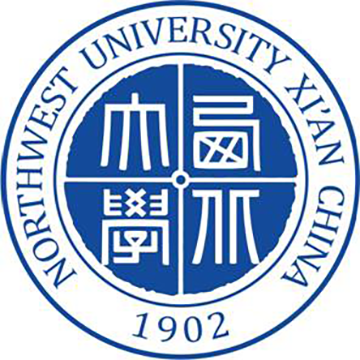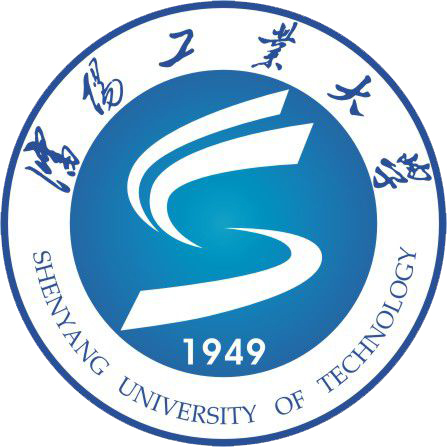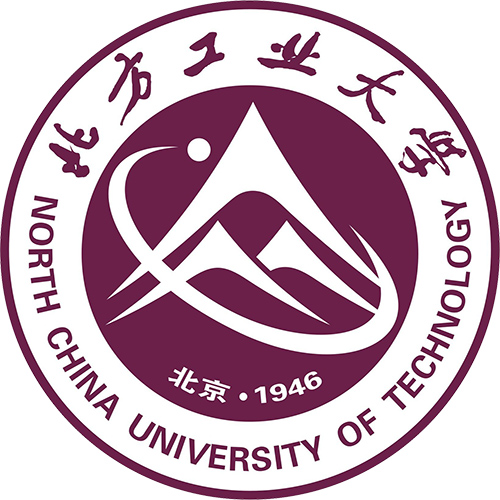
 Introduction
IntroductionNorthwest University (NWU) can trace its origins back to Shaanxi Imperial College and Peking Imperial College in 1902. The University received its current name in 1912, and was renamed Northwest National University in 1923. With institutions such as Peking National University, Peking National Normal University and Beiyang National Engineering College, which moved inland to Shaanxi province when the War of Resistance against Japan broke out in 1937, the University merged to form Xi’an National Provisional University. It was then renamed Northwest Associated University in 1938 and regained the name Northwest National University in 1939.
In the early years after the founding of the People’s Republic of China, Northwest University was a comprehensive university under the direct jurisdiction of the Ministry of Education. In 1950, the University was renamed Northwest University. In 1958, NWU came under the administration of Shaanxi province. In 1978, NWU was designated as one of the national key universities. NWU has been selected among the first group of the universities with first-class disciplines and the leading universities sponsored by the national “211 Project”. It also enjoys national support from the “One University for One Province Initiative”.
Over the years, following its vision of “promoting the national spirit, integrating the ideas from around the world and shouldering responsibility of developing northwest China” and its motto of “Fairness, Integrity, Diligence and Simplicity”, NWU has attracted a generous number of distinguished scholars, cultivated generations of talents, made a series of significant academic achievements and enjoyed high academic and social reputation. NWU has been honored as “the Mother of Chinese Petroleum Engineering”, “the Cradle of Economists” and “the Cradle of Writers”.
 About the Program
About the ProgramThe International Economics and Trade program at Northwest University aligns with the “Belt and Road” Initiative, leveraging the university’s academic strengths and geographic advantages. We cultivate globally competitive, inter-disciplinary talents with solid language skills, cross-cultural communication abilities, familiar international trade rules and cross-border e-commerce skills. Since 2008, tailored training plans have been implemented for international students. Over 600 outstanding international students have graduated in the past decade.
 About Northwest University
About Northwest UniversityThe predecessor of the School of International Education at Northwest University was the School of International Cultural Exchange, established in 1992. In 2014, the school established the Central Asia College and shared office space with the International Cultural Exchange College. In 2017, the "Study Abroad at Xi'an University" project was implemented, focusing on improving the quality and efficiency of international student training, and striving to create distinctive projects and educational brands. In November 2018, the school implemented a departmental reform, merging the former International Department with the International Cultural Exchange College to establish the International Cooperation Department (International Education College).
The School of International Education is responsible for the enrollment, daily management, logistics services, teaching Chinese as a foreign language, discipline construction, and scientific research of international students. Specifically, it is responsible for the enrollment application, registration, Chinese language teaching, student status and scholarship management, accommodation management, cultural exchange activities, internships and employment, alumni liaison, mental health development, and assisting international students in visa applications, insurance purchases, and other affairs. At the same time, by creating a national education curriculum system and a series of brand cultural activities such as the "Northwest University International Cultural Festival," "Learning from the Sages as Exchange Ambassadors," and "Han Tang Culture Special Feature Experience Camp," we aim to build bridges and platforms for international students to gain a deeper understanding of China, Xi'an, and Xi'an University, leading them to become practitioners of Xi'an University's spirit, disseminators of Chinese culture, and promoters of international friendly cooperation and exchange.
The college has departments including the College Office, International Student Enrollment Office, International Student Management Office, Chinese Culture Department, Professional Project Department, and International Student Logistics Service Center. There are currently 15 full-time teachers of Chinese as a foreign language, 17 management cadres, and 19 external and logistics service personnel. The college actively assists and supports multiple departments and majors in offering fully English taught programs, which currently cover undergraduate programs in international trade, master's programs in international law, and multiple doctoral programs.
 Accommodation
Accommodation| Types | RMB/Year(perperson) | RMB/Semester(perperson) | RMB/Day(perperson) | Equipments | |
| Type 1 | Triple Room | 4000 | 2300 | —— | Public facilities: kitchen, bathroom,washing machineRoom facilities:furniture, AC,central heating in winter |
| Double Room | 6500 | 3500 | —— | ||
| Type 2 | Triple Room | 3600 | 2100 | —— | Public facilities:bathroom.washing,washing machineRoom facilities:furniture, AC,centralheating in winter |
| Double Room | 5500 | 3000 | —— | ||
| Type 3 | Double Room | —— | —— | 40 | Public facilities:washing machine Room facilities:furniture,AC,centralheatingin winter, bathroom |
 Fees
Fees Admissions Process
Admissions Process  Entry Requirements
Entry Requirements1. Holding valid passports of "Belt and Road" partner countries and be in good physical and mental health;the key targeted countries for student recruitment are: Kazakhstan, Turkmenistan, Uzbekistan, Kyrgyzstan, Tajikistan, Russia, Vietnam, Malaysia, Thailand and Mongolia.
2. Above 18 years old, under 25 years old.
3. High school / senior secondary or advanced diploma.
4. HSK(level four)180 scores or above.
5. The key countries to be funded: Kazakhstan, Turkmenistan, Uzbekistan, Kyrgyzstan, Tajikistan, Russia, Vietnam, Malaysia, Thailand and Mongolia.
 Application Materials
Application Materials1. Application Form for Chinese Government Scholarship with Signature.
2. Notarized Highest diploma/degree certificate (Applicants who will graduate in 2023, please submit official document issued by your current school to prove your current student status or expected graduation date).
3. Notarized highest diploma/degree related academic transcript.
4. 2 Recommendation Letters (either in English or Chinese).
5. A Study Plan or Research Proposal (in Chinese, minimum of 500 words).
6. Foreigner Physical Examination Form.
7. Photocopy of Chinese proficiency test HSK(level four)180 scores or above transcripts.
8. Photocopy of passport.
 Reviews
Reviews Scholarship
Scholarship1. A waiver of fee for tuition.
2. Free on-campus accommodation.
3. Monthly living allowance: 2500RMB/Month.
4. Comprehensive Medical Insurance and Protection Scheme for Intl. Students in China.

Shenyang University of Technology
Tuition
Start Date

Shenyang University of Technology
Tuition
Start Date

North China University of Technology
Tuition
Start Date